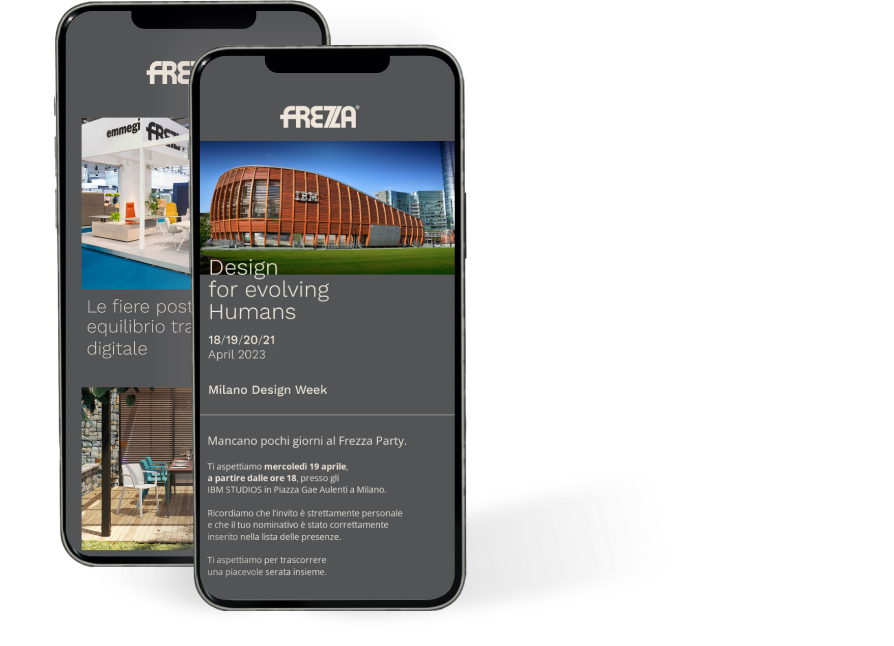By 2030 Millennials will represent 32% of the global workforce, while Generation Z will represent 34% of it. Generation X will fall to 23% and only a few Baby Boomers (mainly company leaders and top managers) will continue with their working life routine.
It’s easy to see how the global focus is increasingly shifting towards the two younger generations, which are very similar to each other but at the same time radically different.
We’ve already talked about this topic before: the companies that manage to transform diversity into potential are the ones that will better stand the test of time. It’s not just a case of differences in terms of gender, origin or religious beliefs, but also of age: managers who successfully leverage generational diversity can count on a continuous flow of skills through experiential learning.
However, coexistence is not always easy to manage.
Millennial e Gen Z: differences and similarities
Millennials (Generation Y) were born between 1982 and 1996: they lived through the ‘analogue’ years but were also the first digital natives, growing up among PCs and mobile phones. This is why they are always among the first to adopt new technologies, try out new apps and embark on risky entrepreneurial activities.
On the other hand, Gen Z (Centennials), i.e. those born between 1997 and 2010, have been living in a world where internet and technology are at their fingertips and where social media has long been a normalised reality. They are experts in all things digital, more knowledgeable than the previous generation, but less curious about everyday news.
Millennials are idealistic and somewhat narcissistic, often feel the need for external and immediate recognition, and have an aspirational view of work. Gen Z, on the other hand, is more pragmatic and wants to make a positive impact in the world, rightfully receiving from companies the benefits they deem necessary.
But in light of this diversity, what makes these almost three decades of individuals so similar? They share three main concerns:
- the constantly rising cost of living, which often does not allow them to save up for the future
- climate change, which they feel they can and must do something about
- the risk of burnout, which is increasingly frequent in people under the age of 40
But also three ways of viewing the world of work:
- they want to grow professionally and personally
- they seek a purpose and consequently a company aligned with their values
- they need a better work-life balance, through company policies that put flexibility first
How to make choices that create a strong multi-generational team
There is no denying that diversity is a competitive factor, as we mentioned at the very beginning of this article. Capitalising on the competences of each generation and supporting their needs and expectations is important for companies.
A first step is certainly the creation of a hybrid workspace, i.e. a physical and virtual space where different team members can socialise and collaborate, according to their individual needs. Such needs are related to the workplace, to working hours or simply to wanting to be in a group or alone.
Manager/employee feedback should be consistent (especially with Millennials) but calibrated in accordance with the interlocutor, especially in terms of language. Ways of saying or jokes might be taken extremely differently by a 40-year-old and a 20-year-old.
Millennials may represent, in this historical moment, the ideal “bridge” between younger people and those born before 1981: they are an important asset to help the flow of technological skills on one hand and social and experiential skills on the other, while learning from both sides at the same time.
The most important thing, as always, is to listen, observe and recalibrate the efforts of human resources on a daily basis: at the end of the day, regardless of our generation, we’re all continuously evolving.

